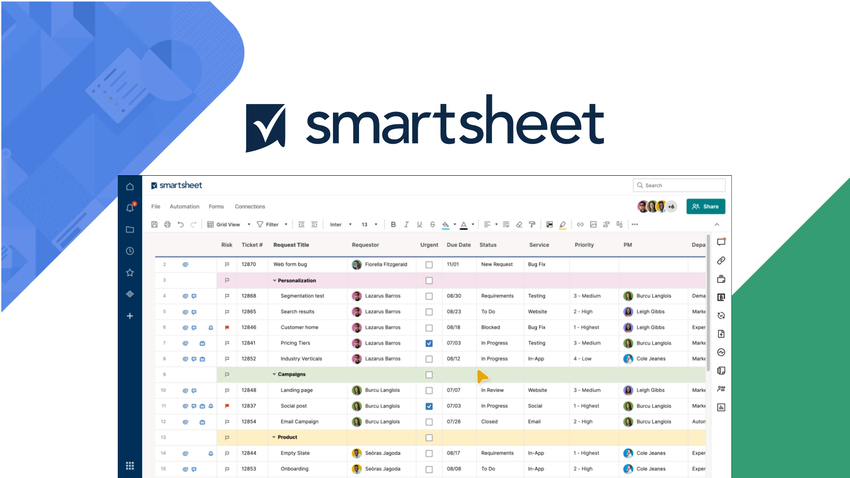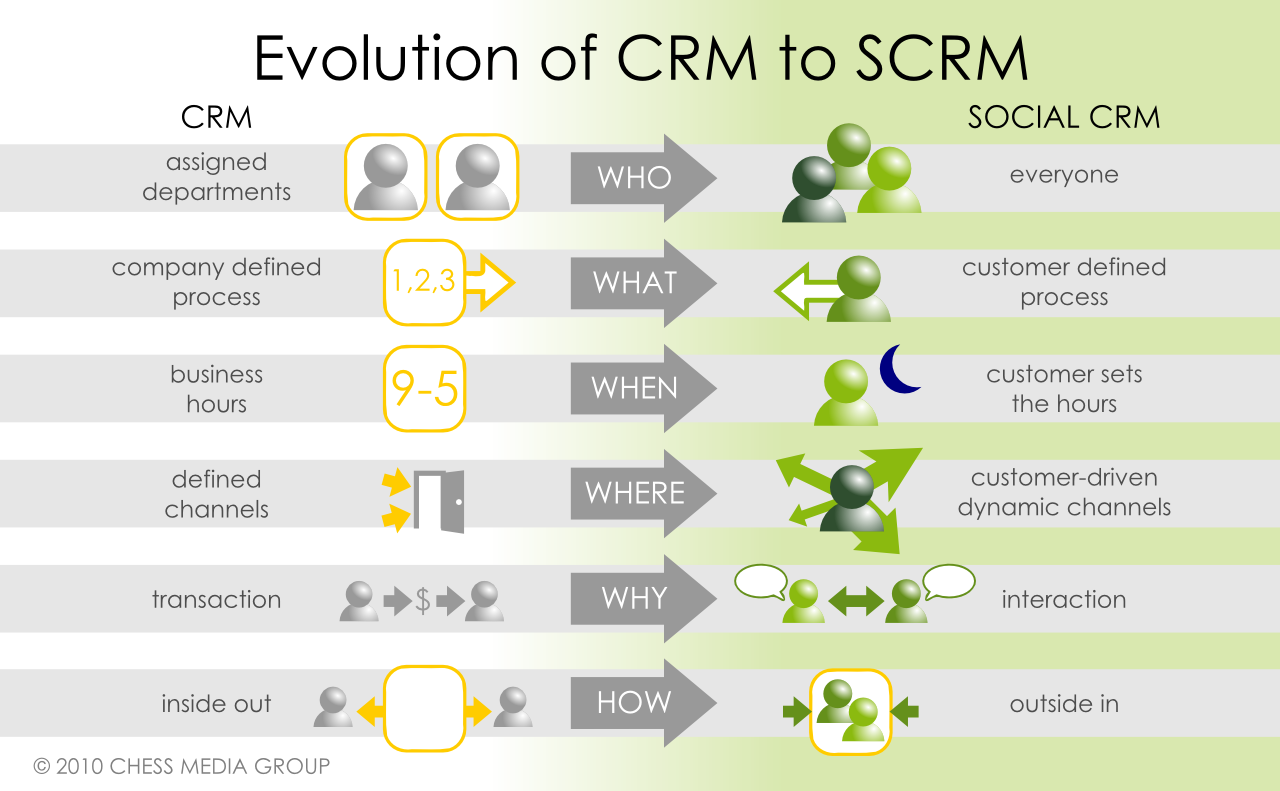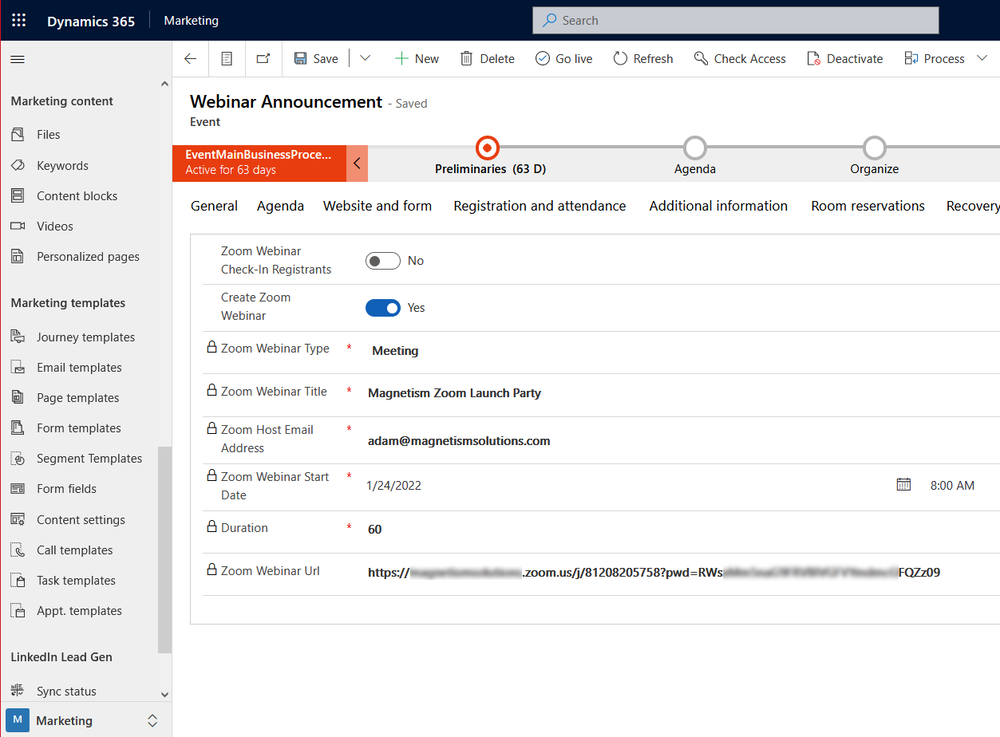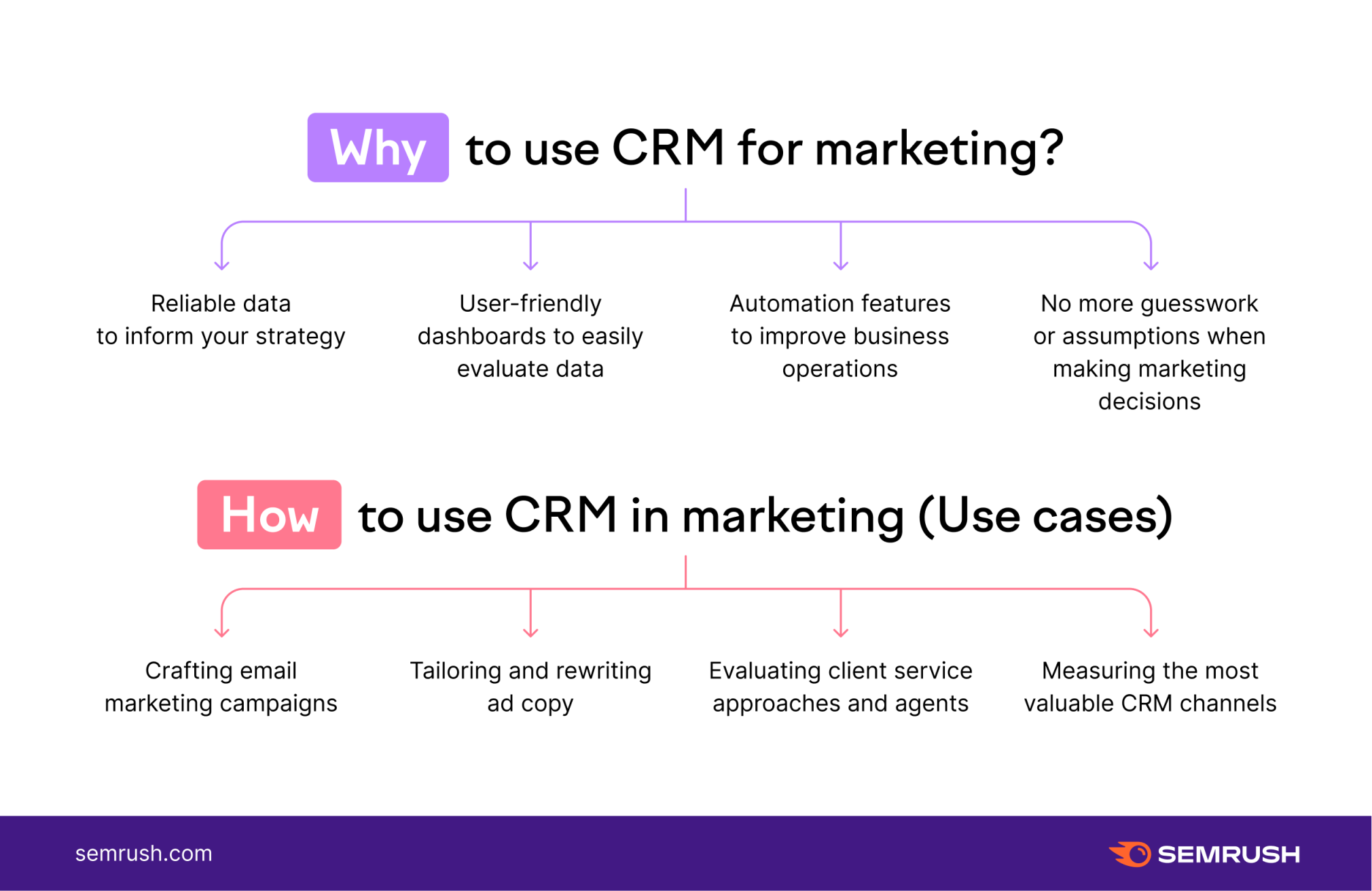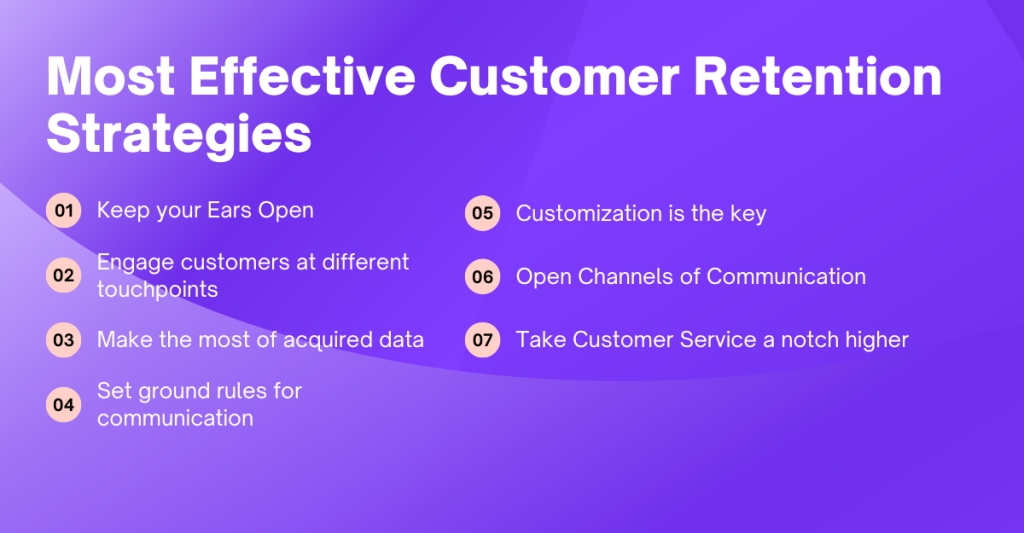
In the ever-evolving landscape of business, where customer acquisition costs are soaring and competition is fierce, the ability to retain existing customers has become more critical than ever. It’s not just about attracting new faces; it’s about nurturing the relationships you already have. That’s where the power of CRM marketing comes into play. This comprehensive guide will delve into the world of CRM marketing, exploring its core principles, practical applications, and the profound impact it can have on customer retention and overall business success.
What is CRM Marketing?
CRM marketing, or Customer Relationship Management marketing, is a strategic approach that leverages CRM systems to understand, engage, and retain customers. It’s about more than just collecting data; it’s about using that data to personalize the customer experience, build loyalty, and drive revenue growth. At its heart, CRM marketing revolves around the idea that happy, engaged customers are more likely to stick around, spend more, and even become advocates for your brand.
Think of it this way: CRM marketing is the engine that drives your customer-centric strategy. It provides the tools and insights you need to understand your customers’ needs, preferences, and behaviors. This knowledge allows you to tailor your marketing efforts, deliver relevant content, and provide exceptional customer service, all of which contribute to a positive customer experience and, ultimately, higher retention rates.
The Core Principles of CRM Marketing
CRM marketing is built upon several core principles that guide its implementation and effectiveness:
- Customer-Centricity: The customer is at the heart of everything. All decisions and actions should be made with the customer’s needs and preferences in mind.
- Data-Driven Insights: CRM systems provide valuable data about your customers. Analyzing this data is crucial for understanding customer behavior, identifying trends, and making informed decisions.
- Personalization: Customers appreciate being treated as individuals. Personalizing your marketing messages, offers, and interactions based on their preferences and past behavior is key.
- Automation: Automating repetitive tasks, such as email marketing and lead nurturing, frees up your team to focus on more strategic initiatives.
- Integration: CRM marketing should be integrated across all channels, including email, social media, website, and customer service. This ensures a consistent and seamless customer experience.
- Measurement and Optimization: Track your results, analyze your data, and continuously optimize your CRM marketing efforts to improve performance.
Benefits of CRM Marketing for Customer Retention
Implementing a robust CRM marketing strategy can yield a multitude of benefits for customer retention:
- Improved Customer Understanding: CRM systems provide a 360-degree view of your customers, allowing you to understand their needs, preferences, and behaviors.
- Personalized Customer Experience: With a deeper understanding of your customers, you can tailor your marketing messages, offers, and interactions to their individual needs.
- Increased Customer Engagement: Personalized content and relevant offers are more likely to capture your customers’ attention and encourage them to engage with your brand.
- Enhanced Customer Loyalty: By providing exceptional customer service and fostering meaningful relationships, you can build customer loyalty and reduce churn.
- Higher Customer Lifetime Value (CLTV): Retaining customers for longer periods increases their lifetime value, contributing to higher revenue and profitability.
- Reduced Customer Acquisition Costs: Retaining existing customers is significantly less expensive than acquiring new ones.
- Proactive Customer Service: CRM systems enable you to anticipate customer needs and proactively address potential issues before they escalate.
- Improved Communication: Centralizing customer data allows for more consistent and effective communication across all channels.
Key CRM Marketing Strategies for Customer Retention
To effectively leverage CRM marketing for customer retention, consider implementing the following strategies:
1. Segmentation and Targeting
Segment your customer base based on various criteria, such as demographics, purchase history, behavior, and preferences. This allows you to target specific groups with tailored marketing messages and offers that resonate with their individual needs and interests. For example, you could segment customers based on their purchase history and send them targeted promotions for products they’ve shown interest in.
2. Personalized Email Marketing
Email marketing remains a powerful tool for customer retention. Use your CRM data to personalize your email campaigns. This includes:
- Personalized subject lines: Grab their attention right away.
- Dynamic content: Show different content based on their interests.
- Behavioral triggers: Send emails based on actions (e.g., abandoned cart, recent purchase).
Regularly send valuable content, such as exclusive offers, product updates, and helpful tips, to keep your customers engaged and informed.
3. Loyalty Programs
Implement a loyalty program to reward your most valuable customers. Loyalty programs encourage repeat purchases and foster a sense of appreciation. Offer exclusive discounts, early access to new products, or personalized rewards based on their spending habits. Examples include points-based systems, tiered programs, or referral programs.
4. Proactive Customer Service
Use your CRM system to monitor customer interactions and identify potential issues before they escalate. Reach out to customers who may be experiencing problems or who have expressed dissatisfaction. Offer proactive support, such as tutorials, FAQs, or personalized recommendations, to help them succeed with your product or service. This demonstrates that you care about their experience and are committed to their success.
5. Customer Feedback and Surveys
Regularly solicit feedback from your customers through surveys, polls, and feedback forms. Use this feedback to identify areas for improvement and to understand your customers’ needs and expectations. Act on the feedback to show that you value their opinions and are committed to providing the best possible experience. This could involve making changes to your products, services, or customer service processes based on customer feedback.
6. Social Media Engagement
Use social media to engage with your customers, respond to their queries, and address their concerns. Monitor social media channels for mentions of your brand and respond promptly to comments and messages. Run contests, giveaways, and polls to encourage engagement and build a community around your brand. Share valuable content, such as blog posts, videos, and infographics, to keep your customers informed and entertained.
7. Customer Relationship Management (CRM) Software
The right CRM software is the backbone of your CRM marketing efforts. Choose a platform that aligns with your business needs and goals. Key features to look for include:
- Contact Management: Store and manage customer data effectively.
- Sales Automation: Automate sales processes and workflows.
- Marketing Automation: Automate email marketing, lead nurturing, and more.
- Customer Service: Manage customer inquiries and support tickets.
- Reporting and Analytics: Track key metrics and gain insights.
- Integration: Integrate with other tools you use (e.g., email, social media).
Popular CRM platforms include Salesforce, HubSpot, Zoho CRM, and Microsoft Dynamics 365. Research and compare different options to find the best fit for your business.
8. Retargeting Campaigns
Retargeting campaigns are a powerful way to re-engage customers who have previously interacted with your brand but haven’t made a purchase or taken a desired action. Use retargeting ads on social media and other platforms to show these customers relevant products, offers, or content. This helps to keep your brand top-of-mind and encourages them to return and complete their desired action.
9. Onboarding and Welcome Programs
Create a seamless onboarding experience for new customers. Provide them with helpful information, tutorials, and resources to get started with your product or service. Send a series of welcome emails to introduce your brand, highlight key features, and offer personalized recommendations. This helps to build a positive first impression and sets the stage for a long-term relationship.
10. Consistent Communication
Maintain consistent communication with your customers across all channels. Keep them informed about new products, updates, and promotions. Send regular newsletters, blog posts, and social media updates to keep them engaged and interested in your brand. Use a consistent brand voice and messaging to build trust and recognition.
Selecting the Right CRM Software
Choosing the right CRM software is critical to the success of your CRM marketing efforts. Here’s a guide to help you make the right decision:
- Define Your Needs: Before you start evaluating CRM software, define your business needs and goals. What do you want to achieve with CRM? What features are essential?
- Consider Your Budget: CRM software comes in a range of price points. Determine your budget and look for options that fit within your financial constraints.
- Evaluate Features: Look for a CRM platform that offers the features you need, such as contact management, sales automation, marketing automation, and customer service tools.
- Scalability: Consider your future growth. Choose a CRM platform that can scale with your business as your needs evolve.
- Ease of Use: The CRM software should be user-friendly and easy to navigate. If it’s too complex, your team may be less likely to use it effectively.
- Integration: Ensure that the CRM platform integrates with your existing tools and systems, such as email marketing platforms, social media channels, and e-commerce platforms.
- Customer Support: Look for a CRM provider that offers excellent customer support and training resources.
- Security: Ensure that the CRM platform has robust security measures to protect your customer data.
- Read Reviews: Research and read reviews from other users to get insights into the strengths and weaknesses of different CRM platforms.
- Free Trials: Take advantage of free trials to test out different CRM platforms and see which one best fits your needs.
Measuring the Success of Your CRM Marketing Efforts
To ensure your CRM marketing efforts are effective, you need to track and measure your results. Key metrics to monitor include:
- Customer Retention Rate: The percentage of customers who remain with your business over a specific period.
- Customer Churn Rate: The percentage of customers who stop doing business with you over a specific period.
- Customer Lifetime Value (CLTV): The predicted revenue a customer will generate over their entire relationship with your business.
- Customer Satisfaction (CSAT): Measure customer satisfaction through surveys and feedback forms.
- Net Promoter Score (NPS): Gauge customer loyalty by asking customers how likely they are to recommend your brand.
- Conversion Rates: Track the percentage of customers who take a desired action, such as making a purchase or signing up for a newsletter.
- Email Open and Click-Through Rates: Measure the effectiveness of your email marketing campaigns.
- Website Traffic and Engagement: Monitor website traffic, bounce rates, and time spent on pages.
Regularly analyze your data and make adjustments to your CRM marketing strategies based on your findings. This iterative process of testing, measuring, and optimizing is essential for driving continuous improvement.
Overcoming Challenges in CRM Marketing
While CRM marketing offers significant benefits, it’s not without its challenges. Here are some common hurdles and how to overcome them:
- Data Quality: Inaccurate or incomplete data can undermine your efforts. Implement data validation processes and regularly clean your CRM database.
- Integration Issues: Integrating your CRM system with other tools and systems can be complex. Plan your integration strategy carefully and seek expert help if needed.
- User Adoption: If your team doesn’t fully embrace your CRM system, it won’t be effective. Provide adequate training and support to ensure that your team understands how to use the system and its benefits.
- Lack of Personalization: Failing to personalize your marketing messages can lead to disengagement. Use your CRM data to tailor your content and offers to individual customer preferences.
- Measuring ROI: Demonstrating the return on investment (ROI) of your CRM marketing efforts can be challenging. Track key metrics and use data to show the impact of your initiatives.
- Privacy Concerns: Be transparent about how you collect and use customer data. Comply with all relevant privacy regulations, such as GDPR and CCPA.
The Future of CRM Marketing and Customer Retention
The landscape of CRM marketing is constantly evolving, with new technologies and trends emerging. Here are some key developments to watch:
- Artificial Intelligence (AI): AI-powered CRM systems can automate tasks, personalize interactions, and provide predictive insights.
- Machine Learning (ML): ML algorithms can analyze customer data to identify patterns, predict customer behavior, and optimize marketing campaigns.
- Omnichannel Marketing: Delivering a seamless customer experience across all channels is becoming increasingly important.
- Hyper-Personalization: Going beyond basic personalization to deliver highly tailored experiences based on individual customer preferences and behaviors.
- Data Privacy: With increasing awareness of data privacy, CRM marketing strategies must prioritize data security and customer consent.
- Voice Search and Chatbots: Voice search and chatbots are becoming increasingly prevalent, offering new ways to engage with customers.
Businesses that embrace these trends will be well-positioned to thrive in the future of CRM marketing and customer retention.
Conclusion: Building a Customer-Centric Future with CRM Marketing
CRM marketing is no longer a luxury; it’s a necessity for businesses that want to thrive in today’s competitive marketplace. By understanding your customers, personalizing your interactions, and providing exceptional customer service, you can build lasting relationships and drive sustainable growth. Embrace the principles of CRM marketing, invest in the right tools and strategies, and continuously optimize your efforts to achieve your customer retention goals. The rewards – increased customer loyalty, higher CLTV, and a thriving business – are well worth the effort. Start your CRM journey today and build a customer-centric future.

